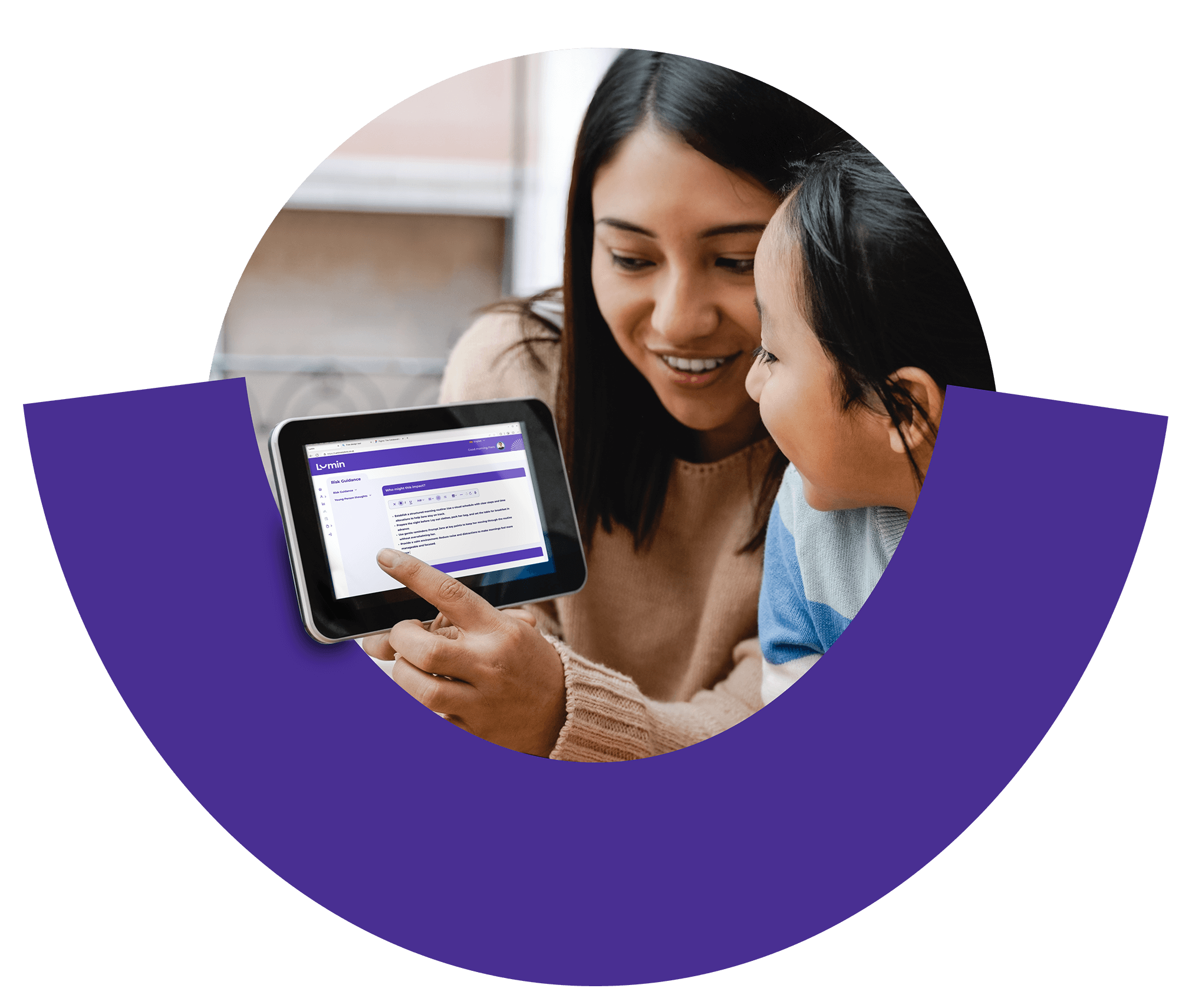Data Security is Essential—Especially in Youth Care
At a recent Barclays Eagle Labs AI Big Breakfast Club, our Co-Founder Ben Gretton joined a panel of experts to discuss one of the most critical topics in digital innovation today: data and cyber security.
As Ben highlighted, in youth care settings this isn't just a technical issue—it's a matter of trust, particularly where the data being handled is deeply personal and incredibly sensitive.
Whether in a health setting, education, or social care environment, robust data security practices are essential—not only for compliance, but for safeguarding the dignity and safety of the individuals behind the data.
The Bigger Picture: Why Data Security Matters
Strong data security is about more than just technology:
It protects confidentiality and personal dignity
Prevents unauthorised access or breaches
Builds trust between service providers and those they support
Ensures compliance with GDPR, safeguarding regulations, and professional standards
In every sector, from finance to healthcare, data breaches can be damaging. But in social care, the stakes are even higher.
Why Youth Care Demands Extra Vigilance
Youth care organisations manage a wide range of sensitive personal information, including:
Health records
Educational progress
Behavioural reports
Social services involvement
In these environments, a breach isn’t just a data loss—it can be a safeguarding issue with real-world consequences.
Recent studies show that youth-facing services are frequently targeted in data breaches, with inadequate protections leading to harm, stress, and loss of trust among families and professionals alike.
Data breaches can create serious safeguarding issues, sharing best practical is essential
Best Practices for Securing Youth-Care Data
1. Privacy by Design
Build systems that default to data minimisation and transparency. Only collect what’s necessary and explain clearly why it’s needed.
2. Strong Human Controls
Train staff regularly in data handling, confidentiality, and phishing prevention. Human error remains one of the leading causes of breaches.
3. Governance and Oversight
Appoint clear data stewards and adopt models like the Five Safes (safe people, data, settings, projects, outputs). Conduct regular audits.
4. Empower Young People
Provide tools and guidance to help children and young people understand what data is held about them and how it’s used. Involve them in decisions where appropriate.
5. Technical Safeguards
Use encryption, secure login protocols, and multi-factor authentication. For analytics and research, explore techniques like differential privacy to ensure insights without exposing identities.
Young People Expect Protection
Research has shown that young people often weigh their need for connection against privacy risks—a concept known as the “privacy calculus.” They want to trust the systems around them, especially those handling their most personal information.
To earn that trust, youth care platforms must offer not just compliance—but careful, considered, and ethical data stewardship.
✅ In Summary
As Ben shared during his talk at Barclays Eagle Labs, “Protecting children’s personal information is not just a legal obligation—it’s a matter of trust.”
At Lumin Solutions, we’ve built MyLifePlan with that trust in mind. From the ground up, the platform is designed to ensure sensitive data is protected at every stage—from entry to storage to sharing.
By embedding security into every layer of the system and empowering users with transparency and control, we help youth care providers deliver safer, smarter support.
MyLifePlan offers digital care planning designed for the needs of the child and youth care sector


